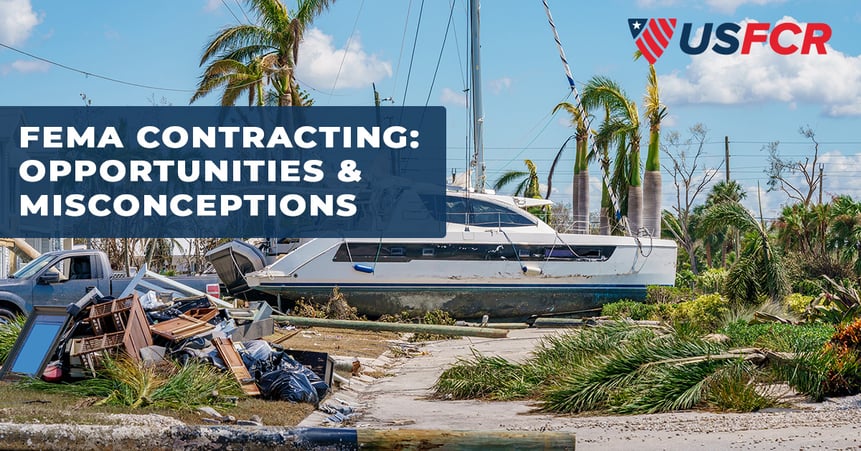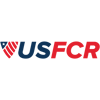
The Federal Emergency Management Agency (FEMA) is crucial in helping communities recover from natural disasters and emergencies. As a disaster relief contractor, you can make a significant impact by providing essential goods and services during these challenging times. However, many misconceptions about Relief contracting may deter potential contractors.
This blog post will address common misconceptions, explore opportunities, and provide a step-by-step guide to help you secure your first Relief contract.
Dispelling FEMA Contracting Misconceptions
Before diving into the process of becoming a disaster relief contractor, we should clear up some common misconceptions:
- Relief contracting is not exclusive to large firms or those with emergency management experience. Small businesses and independent contractors from various sectors can also work in disaster relief.
- Relief contracts cover services beyond construction and engineering, including logistics, IT, communications, environmental, and more.
- Although relief contractors mainly concentrate on domestic crises, they might occasionally assist with international disaster response and recovery.
- Disaster relief agencies encourage small business participation and often earmark specific contracts.
- Becoming a relief contractor doesn't guarantee regular work, as opportunities depend on disasters and funding availability.
How to Find Your First Relief Contract
Now that we've addressed some common misconceptions let's explore how to find your first Disaster Relief contract:
- Register your business and obtain a UEI number, a unique identifier for your company.
- A complaint registration in the System for Award Management (SAM) is required to do business with the federal government. Once your registration is complete, you'll receive a CAGE Code.
- Familiarize yourself with FEMA's mission, objectives, and organizational structure.
- Identify your NAICS (North American Industry Classification System) code(s) to help you find relevant contract opportunities.
- Visit the federal government's contract opportunities website at sam.gov or The Advanced Procurement Portal to search for available Relief contracts.
- Register with the Disaster Response Registry in SAM to help government agencies find your business during disaster response and recovery efforts.
- Network with other contractors, government officials, and potential partners at industry events, conferences, and workshops.
- Prepare a capability statement outlining your business's capabilities, qualifications, past performance, and certifications.
- Submit bids and proposals for relevant contract opportunities, ensuring compliance with solicitation requirements.
- Monitor contract awards to understand the competitive landscape and assess your bidding strategies.
- Consider subcontracting opportunities to gain experience and build relationships within the industry.
2023 has already seen a surge in natural disasters and emergencies, resulting in a busy year for disaster relief contractors. This increased activity underlines the importance of registering your business before a disaster happens. By being proactive and completing the registration process, you'll be well-positioned to accept a relief contract when opportunities present themselves.

The Federal Government often awards contracts before disasters occur to ensure readiness and prompt response. Registering with the Disaster Response Registry in SAM can help government agencies locate your business during disaster response and recovery efforts, allowing you to mobilize when a disaster occurs.
Becoming a relief contractor allows you to contribute to recovery efforts while growing your business.
To speak with a Registration & Contracting Specialist about Disaster Relief Contracts, Call: (866) 216-5343

